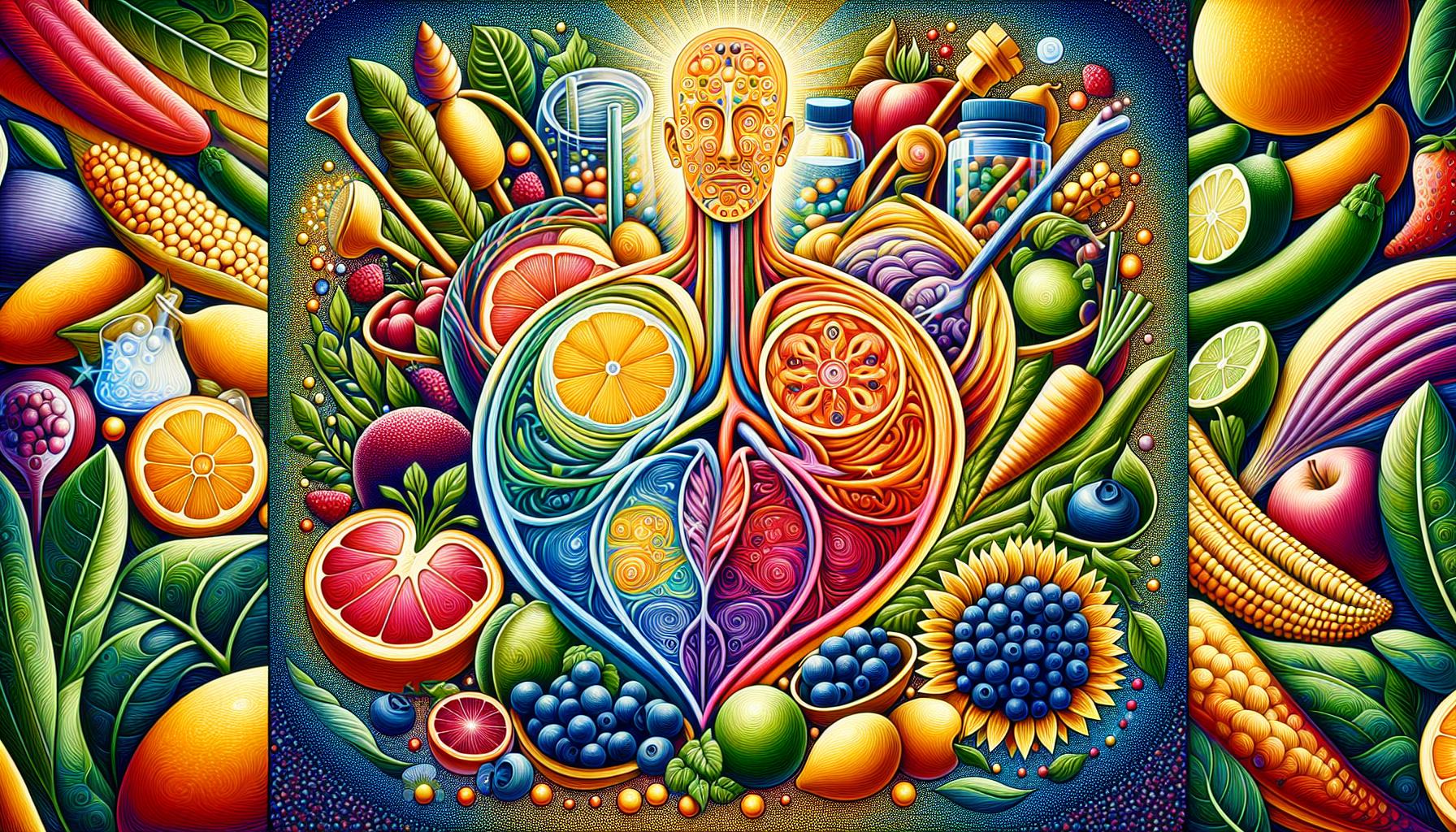
Introduction and Overview
Ever thought, “what exactly is a low energy diet?” If so, you’re not alone. Simply put, a low energy diet is a meal plan that minimizes the amount of energy, or calories, consumed. Understanding what makes a diet low in energy can be as clear as a summer sky, but it involves more than merely slashing your daily calorie intake. To explore this notion of a low energy diet further, we’ll dive into the world of energy-dense foods, the benefits and downsides of such a diet, and finally, how you can implement it in your lifestyle effectively.
Sinking Your Teeth into Low Energy Foods
Just like a cozy quilt comes in squares, an edible patchwork quilt of low energy foods is your ticket to a healthier lifestyle. Imagine crisp, colorful veggies, succulent fruits, lean meats, dairy, and grains — each square representing a different food group that contributes to your overall well-being. A low energy diet is synonymous with meals chockfull of nutrients but lower in calories. Foods with high water or fiber contents often have fewer calories per gram, providing the feeling of fullness without the extra calories.
Facing the Facts: Energy-dense vs. Nutrient-dense Foods
Picturing an enticing, fluffy slice of chocolate cake and a hearty, wholesome serving of brown rice and grilled chicken, it’s clear which one packs a higher calorie punch. While both can be droolworthy in their own right, the cake falls into the category of energy-dense foods, jam-packed with calories but lower in nutrients. On the flip side, the brown rice and grilled chicken represent nutrient-dense foods— lower in calories but laden with essential nutrients.
Wading through the Benefits and Downsides
Choosing to embark on a low energy diet path can be as exciting as unwrapping a gift — it comes with a host of health benefits. Weight loss is the most prominent one, akin to the shiny object that glitters most in the box. A low energy diet might also promote better overall health and reduce the risk of chronic diseases, at the same time, helping you feel more energized.
Navigating the Potential Pitfalls
However, under the weight of every silver lining, a cloud may loom. Implementing a strict low energy diet may lead to potential nutritional deficiencies if not planned correctly, akin to driving a car without adequate fuel. It’s crucial to snack smart, focusing on foods that are nutrient-dense to ensure you’re getting all the critical minerals and vitamins your body needs.
Implementing a Low Energy Diet: You’ve Got This!
Embracing a low energy diet is similar to learning a new dance — it might be awkward at first, but with time, it becomes a smooth spin. Begin by embracing foods that are high in volume but low in calories, like fruits, vegetables, lean proteins and whole grains. Step by step, small changes can lead to a significant transformation.
Spinning the Plate
Putting it into practice can be as easy as making slight tweaks to your meals. Swap that dense, creamy pasta for zoodles (zucchini noodles), or substitute your sugary soda for sparkling water. Like a dazzling magic trick, you won’t even realise you’re eating fewer calories.
Conclusion
So there you have it, folks. A low energy diet, in a nutshell, is a mindful method of choosing foods that are low in calories but high in nutrients, leading to overall health benefits and weight loss. With careful planning and smart substitutions, you can dance your way to a healthier lifestyle, all without compromising on the taste and satisfaction.
Frequently Asked Questions
1. What is the principle of a low energy diet?
– The main principle of a low energy diet revolves around consuming foods that are low in energy (calories) but high in nutrients, thus encouraging weight loss and better overall health.
2. Can a low energy diet provide all essential nutrients?
– It can, as long as it is well-balanced and varied. A poorly planned low energy diet might result in nutritional deficiencies, making it essential to focus on nutrient-dense foods.
3. Are there any risks associated with a low energy diet?
– If not properly followed, a low energy diet might lead to nutritional deficiencies. It’s always advised to consult a nutritionist or dietitian to ensure the diet is well balanced.
4. What are some examples of low energy foods?
– Examples of low energy foods include fruits, vegetables, lean meats, whole grains, and low-fat dairy products.
5. How does a low energy diet aid in weight loss?
– A low energy diet aids in weight loss by reducing the number of calories consumed. Eating fewer calories than your body uses leads to weight loss.



